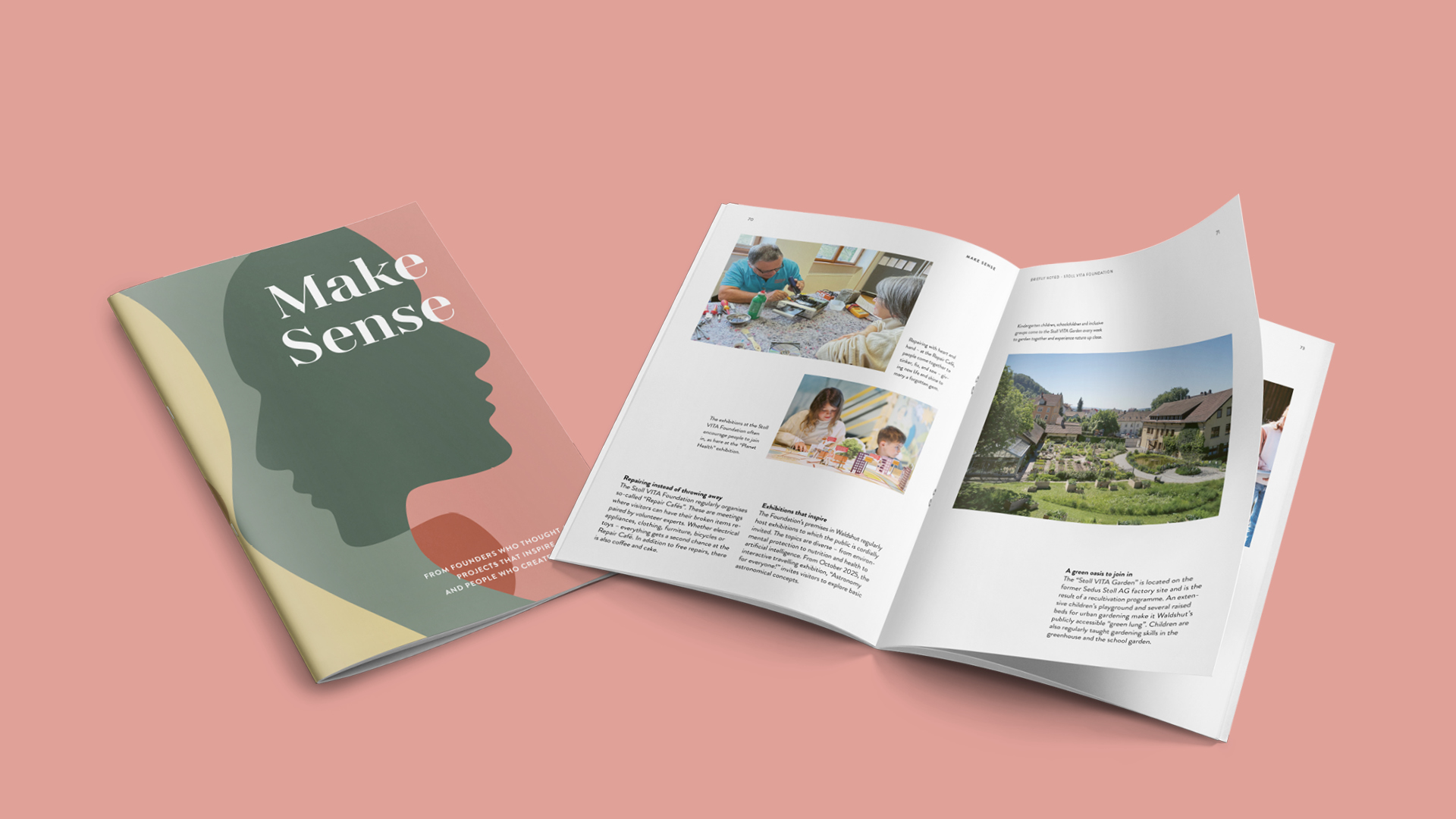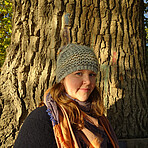Ms. Brandherm, what does foundation work mean to you personally?
Working at the foundation is a source of great personal enrichment for me – it is truly a matter of the heart. It is incredibly fulfilling to work with so many committed people who do great things on a voluntary basis and initiate real change with their ideas. It is particularly touching to witness the children’s joy – their beaming faces, their gratitude. We often receive loving feedback, small letters or handmade gifts – it is simply wonderful.
I deliberately use the word “us” because this work is teamwork. I am lucky enough to work with a great foundation team. We are all united by a deep personal commitment. We put our hearts and souls into giving a little hope and joy in difficult life situations – especially where children are in need.
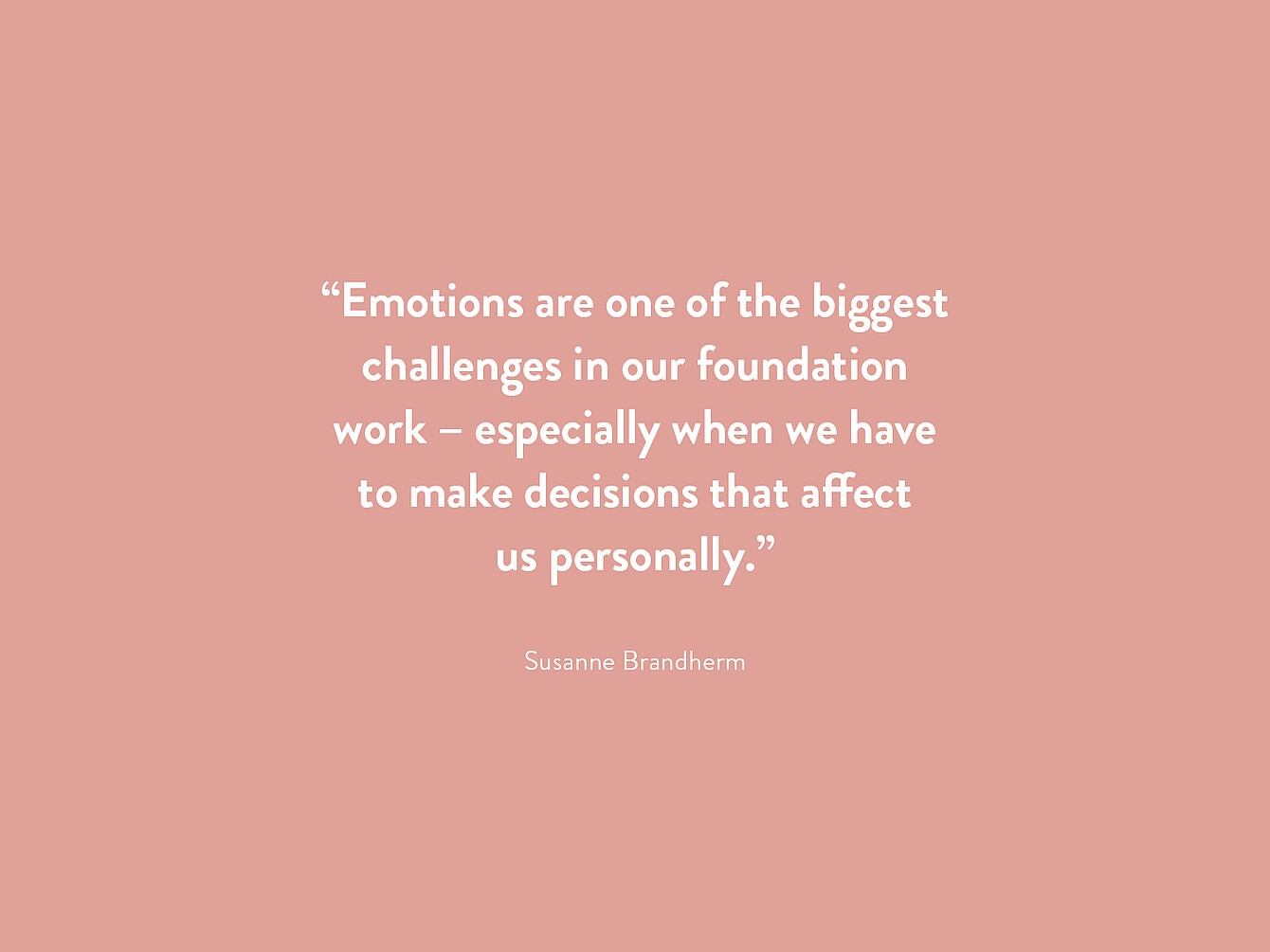
What does the Karl Bröcker Foundation stand for today? Can the influence of the founder, Renate Bröcker, still be felt today?
We support a wide range of projects – primarily in kindergartens, schools and medical and therapeutic facilities. Our focus is clearly on educational and therapeutic projects. The Karl Bröcker Foundation is active where children and young people need special support. It gives them self-confidence, new opportunities and unforgettable experiences – whether at imaginative events or engaging activities that bring joy and offer carefree moments.
What sets us apart is our close, personal connection to the projects. Many are created in collaboration with passionate volunteers – people with inspiring ideas with whom we not only support, but often develop something together. Whether large or small, each project is defined by one decisive factor: the direct benefit it has on the children.
Renate Bröcker’s personality still characterises our work today. She was a very modest woman who never wanted to be the centre of attention. That is why the foundation bears the name of her father – Karl Bröcker – and not her own. We continue to live this attitude: we are present, but never loud. Our goal is not to seek attention, but to create meaningful change with genuine conviction and heart – in the interests of the children.
How do you select projects or funding areas?
It is not always the perfectly planned projects that we support. We often very quickly sense the emotional core, the spirit of a project – and that is precisely what touches us. This is why we seek personal dialogue with the initiators at an early stage in order to really understand their ideas and develop them further together.
Our focus is always on people – both the children we support through our projects and the dedicated adults who make it all possible. If a project fits thematically with our funding focus – i.e. education or therapy – that is already a good foundation. In discussions with those responsible for the project, we then examine the specific funding options, discuss the costs and look together to see where there may be potential for more effective implementation.
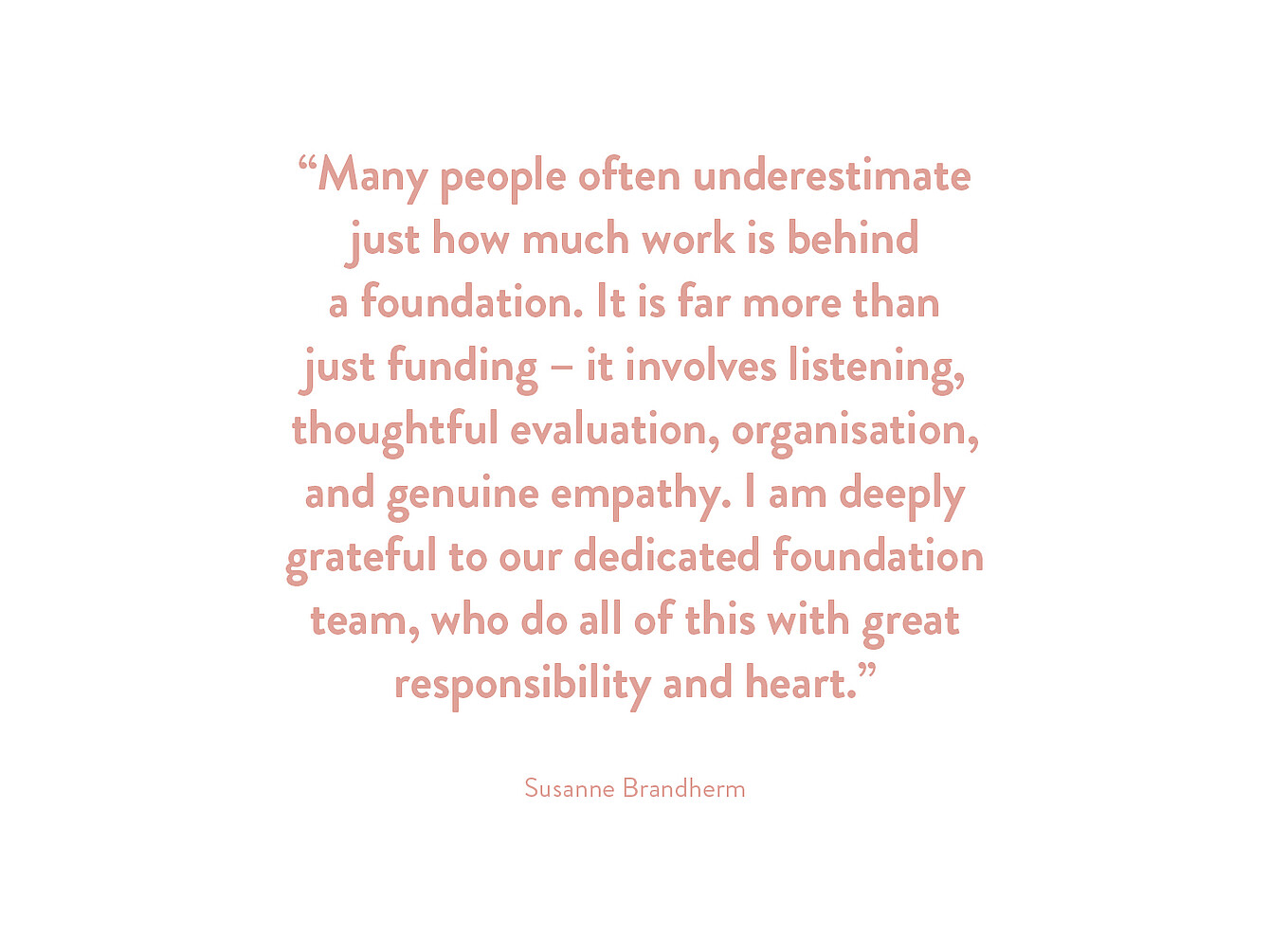
Is there a project that is particularly close to your heart? And if so, why?
It is incredibly difficult for me to single-out one project – simply because every project has a special meaning for us. Each one is close to our hearts and tells its very own story.
However, my trips to Eritrea – a country that was previously completely foreign to me and one of the poorest in the world – were particularly impressive for me. We set up a cardiac ward there, a small hospital where life-saving heart operations are still being performed today. I was able to attend an operation myself and see children recover. To see that we are saving lives there - that touched me deeply.
But I am equally fascinated by smaller projects that achieve a big impact with minimal resources. One great example is the “Toyshop” at the “Don Bosco School”: children who have difficulties communicating learn everyday routines – such as shopping – in a mock supermarket and strengthen their independence through play. A simple but incredibly effective idea
If you had to explain to a young person why foundations are needed, what would you say?
Foundations play a central role when it comes to not only developing projects, but also financing them sustainably. Cities, local authorities and other organisations often lack the necessary funds to turn good ideas into reality. This is precisely where foundations become important – they create opportunities where resources would otherwise be lacking.
The insights of the people who work in foundations is particularly valuable. They bring fresh perspectives, recognise potential and drive projects forward with great commitment and passion. And it has been shown time and again that effective changes can be initiated even with limited resources.
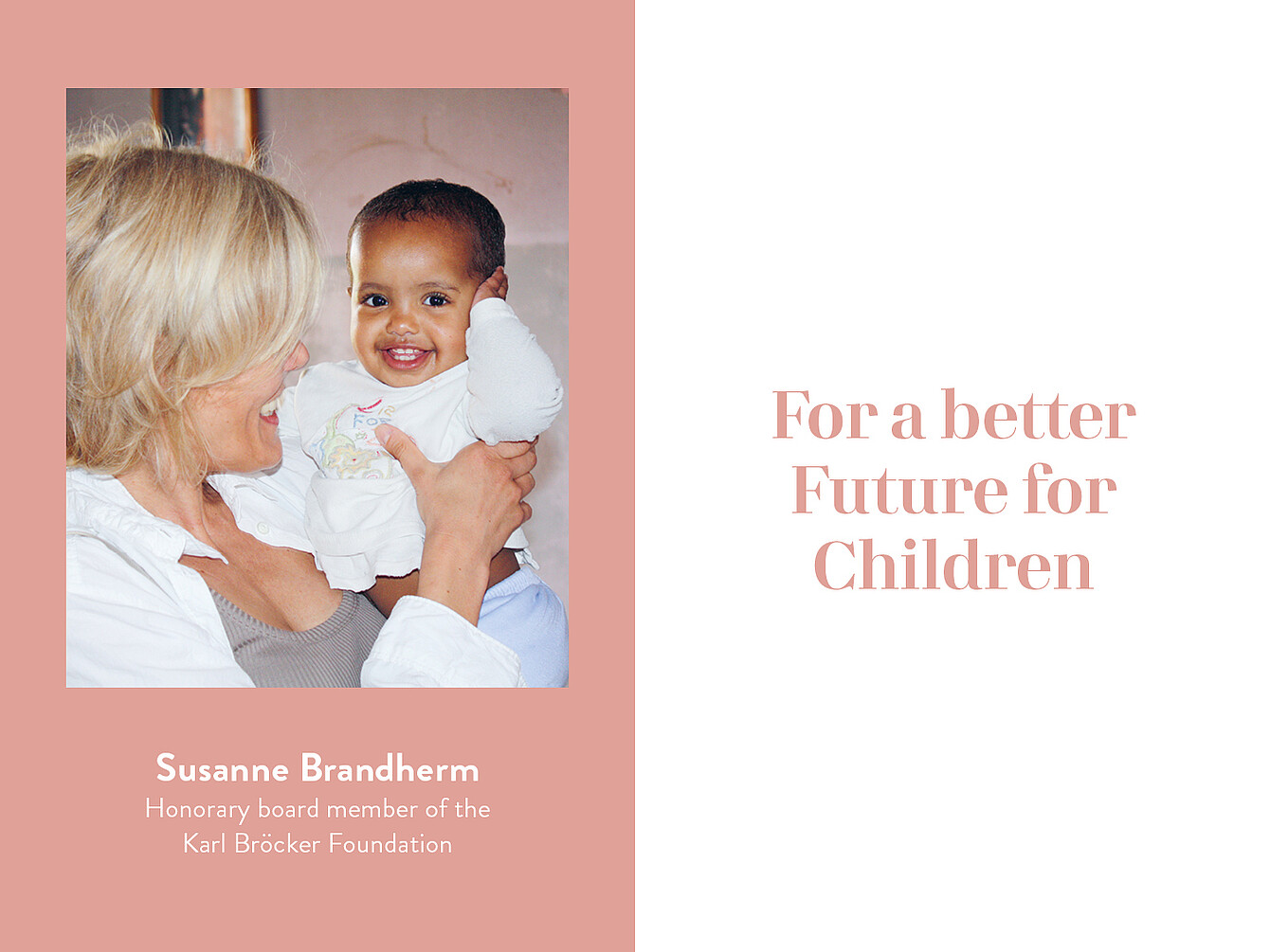
social media channels:
